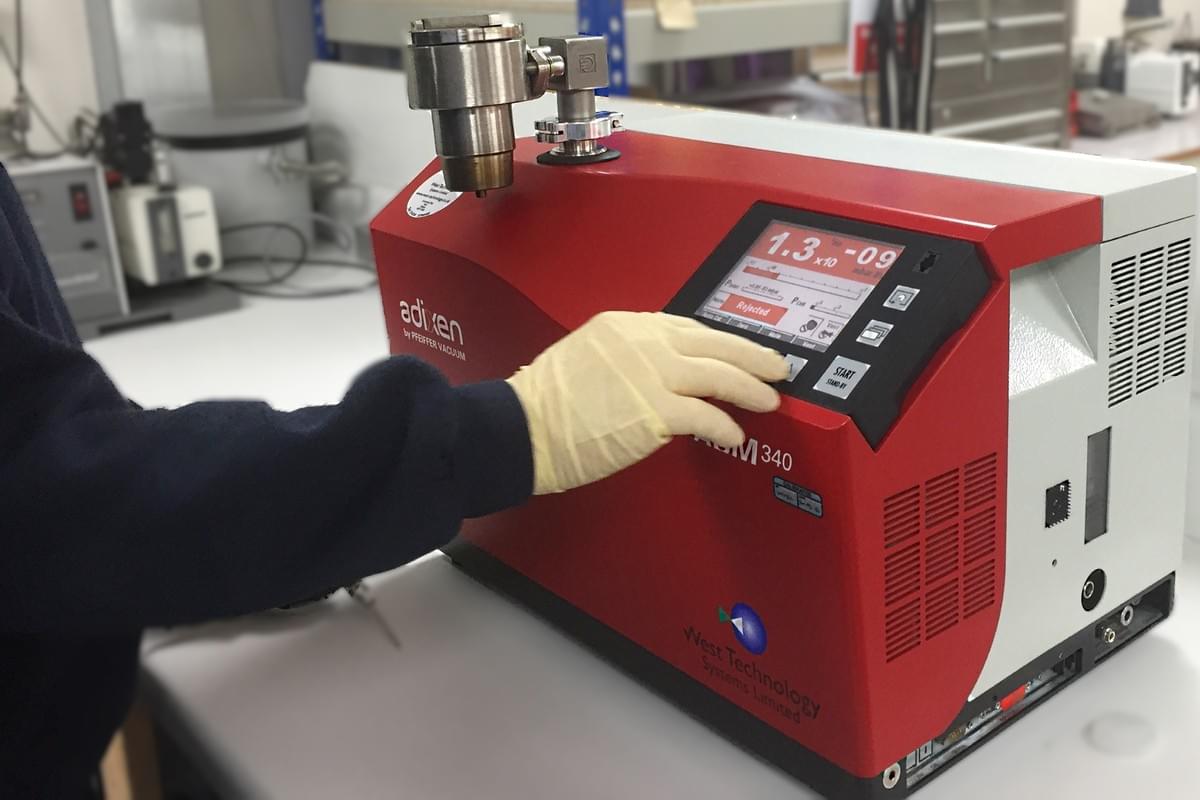Introduction
In the manufacturing industry, ensuring the quality and integrity of products is of utmost importance. A critical aspect of quality control is detecting and preventing leaks in components and systems. This is where helium leak detectors come into play. These advanced instruments have revolutionized quality control processes, providing unmatched sensitivity and accuracy in detecting even the tiniest leaks. In this article, we will explore the role of helium leak detectors in manufacturing. We will delve into the principles behind helium leak detection, highlight its advantages over other methods, and discuss real-world applications in various industries. By the end, you'll understand how helium leak detectors have become an indispensable tool for maintaining product reliability.
Principles of Helium Leak Detection:
Helium leak detectors utilize the unique properties of helium gas to detect leaks in a wide range of components, from sealed packages to complex machinery. The principle behind helium leak detection is based on the fact that helium atoms are exceptionally small and inert, making them ideal for identifying even the most minuscule leaks.
During the testing process, the test object or system is pressurized with helium gas. If there is a leak present, helium molecules will escape through the leak path. The helium leak detector then uses various techniques to sense and measure the presence of helium gas, allowing for precise leak detection.
One of the most common methods employed by helium leak detectors is the mass spectrometry method. This method involves ionizing helium atoms using an electric field, separating them based on their mass-to-charge ratio, and detecting their presence with extreme sensitivity.
Advantages of Helium Leak Detection:
Helium leak detection offers several advantages over traditional leak detection methods, making it a preferred choice in manufacturing industries:
a. Sensitivity: Helium leak detectors can detect leaks as small as 10^-12 atm cc/s, which is essential for applications that demand high levels of sensitivity and accuracy. This level of detection sensitivity ensures that even the tiniest leaks are identified promptly.
b. Versatility: Helium leak detectors are versatile and can be used in a wide range of industries, including automotive, aerospace, electronics, pharmaceuticals, and more. They can detect leaks in various materials, including metals, plastics, and composites.
c. Non-Destructive Testing: Helium leak detection is a non-destructive testing method, allowing manufacturers to identify leaks without damaging the tested objects or systems. This is especially valuable for delicate or expensive components.
d. Speed and Efficiency: Helium leak detection provides rapid results, allowing for efficient testing and quick decision-making during the manufacturing process. This helps streamline production and reduce cycle times.

Helium leak detectors find extensive applications across industries, contributing to enhanced product reliability and safety:
a. Automotive Industry: In the automotive sector, helium leak detectors are used to test the integrity of fuel systems, air conditioning units, exhaust systems, and more. Detecting and resolving leaks in these critical components ensures optimal performance, compliance with emissions standards, and customer satisfaction.
b. Aerospace Industry: Helium leak detectors play a vital role in ensuring the integrity of aerospace systems, such as fuel tanks, hydraulic systems, and pressurized cabins. Identifying and sealing leaks in these components is crucial for maintaining safety, preventing system failures, and complying with stringent industry regulations.
c. Electronics Industry: Electronics manufacturing requires leak-free encapsulation for components like semiconductors, circuit boards, and displays. Helium leak detectors are utilized to test the hermeticity of these devices, ensuring protection against moisture, contaminants, and other external factors that can compromise performance and reliability.
d. Pharmaceutical Industry: The pharmaceutical industry relies on helium leak detectors to verify the integrity of drug packaging, including vials, syringes, and blister packs. Detecting leaks in these packages is essential for preserving product sterility, efficacy, and extending shelf life.
Final Thought
Helium leak detectors have revolutionized quality control in the manufacturing industry, providing unmatched sensitivity, accuracy, and efficiency in detecting leaks. With their ability to identify even the tiniest leaks, these instruments have become indispensable in various industries, ensuring product reliability, safety, and compliance with industry standards. The advantages of helium leak detection, including its sensitivity, versatility, non-destructive nature, and speed, make it the preferred choice for manufacturers worldwide. Whether it's in the automotive, aerospace, electronics, or pharmaceutical industry, helium leak detectors continue to play a crucial role in maintaining the quality and integrity of products. By incorporating helium leak detection into quality control processes, manufacturers can mitigate risks, reduce warranty claims, and enhance customer satisfaction, ultimately contributing to their overall success.